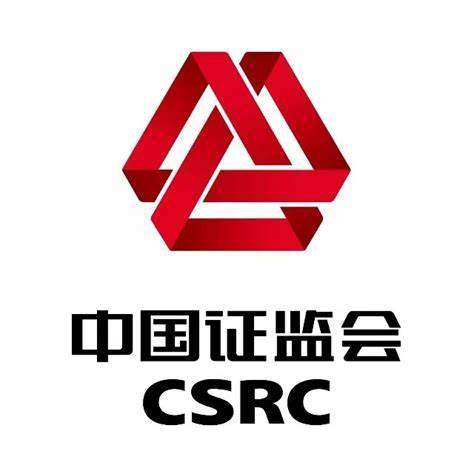CSRC's 2025 Legislative Plan: Navigating China's Evolving Capital Market Landscape
China's capital markets are undergoing a significant regulatory transformation as the China Securities Regulatory Commission (CSRC) rolls out its 2025 legislative agenda. This comprehensive plan outlines key measures aimed at bolstering market stability, improving transparency, and strengthening investor protection—critical areas of focus for international investors, financial institutions, and corporate entities looking to capitalize on China's dynamic financial ecosystem.
For global professionals in banking, investment, law, and asset management, the CSRC's new regulations offer both challenges and opportunities. The legislative reforms will introduce more standardized rules and clearer governance, enhancing the operational framework for investors both in China and internationally. Below, we explore the main regulatory shifts and their potential implications for foreign market participants.

Key Areas of Regulatory Focus
1. Strengthening Market Behavior Oversight
The CSRC's 2025 agenda includes several key projects designed to enhance the regulatory environment and ensure that China's capital markets remain fair and transparent. The priority projects in this category include:
Securities and Fund Investment Consulting Regulations: These new regulations aim to standardize securities investment advice, improving the quality and integrity of consulting services.
Derivatives Trading Supervision: As derivative markets expand in China, these new measures will help prevent systemic risk and improve oversight of complex financial instruments.
Revisions to Securities Issuance and Underwriting Rules: These revisions aim to ensure clearer guidelines for the issuance and underwriting of securities, promoting transparency and accountability in the capital raising process.
For global investors, this means more structured and predictable rules when dealing with Chinese investment products, particularly in advisory and securities markets.
2. Regulation of Market Participants
In tandem with behavior regulation, the CSRC is also tightening the rules governing key market participants, including securities firms, asset managers, and other financial institutions. Key updates include:
Futures Company Supervision: New rules will enforce stricter risk management practices, aiming to reduce volatility in China's futures markets.
Real Estate Investment Fund (REITs) Supervision: With China's real estate sector growing as a key investment opportunity, clearer guidelines around REITs will help global investors navigate these products with greater confidence.
These changes signal a more structured approach to governance in key sectors, which is crucial for foreign financial institutions looking to ensure compliance and mitigate operational risks in China.

3. Improving Enforcement and Legal Frameworks
To create a more efficient and transparent environment, the CSRC has also introduced measures to streamline its enforcement mechanisms. Some of the focus areas are:
Administrative Penalties: Clearer guidelines on penalties for non-compliance will ensure more consistent enforcement, reducing uncertainties for global investors.
Supervision of Margin Trading: New regulations will aim to enhance transparency and stability in margin trading, a vital aspect of capital market operations.
For international entities, these updates bring a higher level of clarity and consistency in China's regulatory landscape, offering a more predictable environment for doing business.
Strategic Relevance for Global Stakeholders
The CSRC's 2025 regulatory changes are a direct response to the evolving needs of a rapidly expanding capital market. For global businesses, the updated legal framework presents an opportunity to better navigate the complexities of China's market while ensuring a more robust, transparent, and secure operational environment.
For example, the tightened rules on futures and derivatives trading will affect global firms that engage in hedging or trading strategies involving Chinese assets. The improved supervision of REITs and securities issuance is also likely to influence cross-border investment flows into China, offering foreign investors more attractive and secure opportunities.
Furthermore, the emphasis on regulatory enforcement and transparency aligns China's market closer to global standards, which could help boost foreign investor confidence. Institutions that stay ahead of these regulatory changes will be better equipped to manage risks and capitalize on the growing opportunities in China.





















































First, please LoginComment After ~